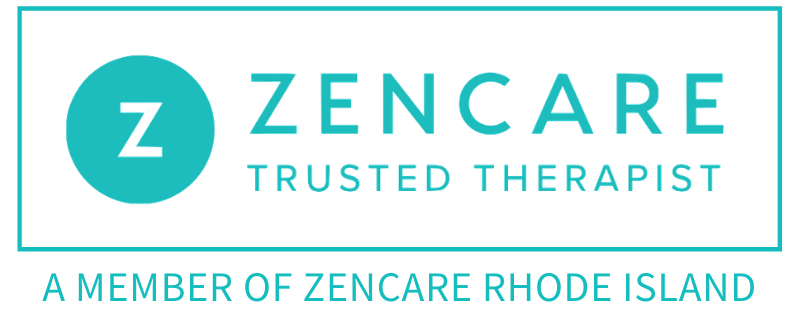Mindfulness-Based Cognitive Therapy
Mindfulness-Based Cognitive Therapy (MBCT) is a therapeutic approach that combines elements of cognitive behavioral therapy (CBT) with mindfulness practices. It is designed to help individuals prevent the recurrence of depression and other mental health issues by increasing awareness of their thoughts, emotions, and bodily sensations in the present moment. MBCT teaches clients how to break the cycle of negative thinking that can lead to depression and anxiety, fostering a greater sense of calm and well-being.
What to Expect During Mindfulness-Based Cognitive Therapy
-
Mindfulness Practices: Clients will engage in various mindfulness exercises, such as guided meditation, body scans, and mindful breathing. These practices are designed to help clients become more aware of the present moment, including their thoughts, feelings, and bodily sensations, without judgment.
-
Awareness of Thoughts and Emotions: A key component of MBCT is learning to observe thoughts and emotions as they arise, without getting caught up in them. Clients are encouraged to notice their mental patterns and understand how these patterns can influence their mood and behavior. The goal is to develop a non-reactive awareness, allowing clients to see thoughts as passing events rather than facts that need to be acted upon.
-
Integration of Cognitive Therapy: MBCT incorporates elements of cognitive therapy, particularly the focus on identifying and challenging negative thought patterns. Clients learn how their thoughts can contribute to emotional distress and are taught strategies to change unhelpful thinking patterns. However, unlike traditional cognitive therapy, MBCT emphasizes observing thoughts rather than directly challenging them.
-
Structured Sessions: MBCT typically follows an 8-week program with structured sessions. Each session has a specific focus, such as mindful breathing, dealing with difficult emotions, or preventing relapse. Homework assignments, such as daily mindfulness practice, are an important part of the therapy, helping clients integrate mindfulness into their daily lives.
-
Group or Individual Settings: MBCT can be offered in both group and individual therapy settings. Group sessions often provide a supportive environment where clients can share experiences and learn from each other, while individual sessions allow for more personalized guidance.
-
Relapse Prevention: One of the primary goals of MBCT is to prevent the recurrence of depression, particularly in individuals who have experienced multiple episodes. By cultivating mindfulness and awareness, clients learn to recognize early signs of depression or anxiety and develop healthier responses, reducing the likelihood of relapse.
-
Developing a Different Relationship with Thoughts: Clients will work on developing a new relationship with their thoughts and feelings, one that is characterized by acceptance rather than resistance or avoidance. This helps reduce the impact of negative thinking and fosters a more balanced and compassionate way of relating to oneself.
-
Increased Emotional Regulation: Over time, clients often experience improved emotional regulation. By learning to observe their emotions without immediate reaction, they can choose how to respond more effectively, rather than being driven by automatic emotional responses.
Clients participating in MBCT can expect a therapeutic process that is both experiential and reflective. They will engage in mindfulness practices that encourage present-moment awareness and develop skills to observe their thoughts and emotions non-judgmentally. The combination of mindfulness and cognitive therapy offers a powerful approach to managing and preventing depression and anxiety, helping clients build resilience and a greater sense of control over their mental health.
Contact Our Team
If you would like to meet with one of our therapists, click the button below.
Rhode Island Location
1 Richmond Square
350w
Providence, RI. 02906
(GPS Location 331 Waterman St)
*Free Parking
Florida (Mailing Address)
25 SE 2nd Ave,
Ste 550 PMB 21
Miami, FL. 33131
Contact Us
401-227-0372
Fax 877-455-9466
If you or someone you know is struggling or in crisis, help is available. Text or call 988 or chat 988lifeline.org. Caring counselors listen and provide free and confidential support 24/7.
National Transgender Lifeline Crisis Line (Staffed by Transgender Individuals) 1-877-565-8860
National Coalition Anti-Violence Programs: 212-714-1141
Lesbian, Gay, Bisexual and Transgender (LGBT) National Hotline:
1-888-843-4564
LGBT National Youth Talkline:
1-800-246-PRIDE (1-800-246-7743)
LGBT National Senior Talkline:
1-888-234-7243
LGBT Youth Talkline: 800-246-7743




